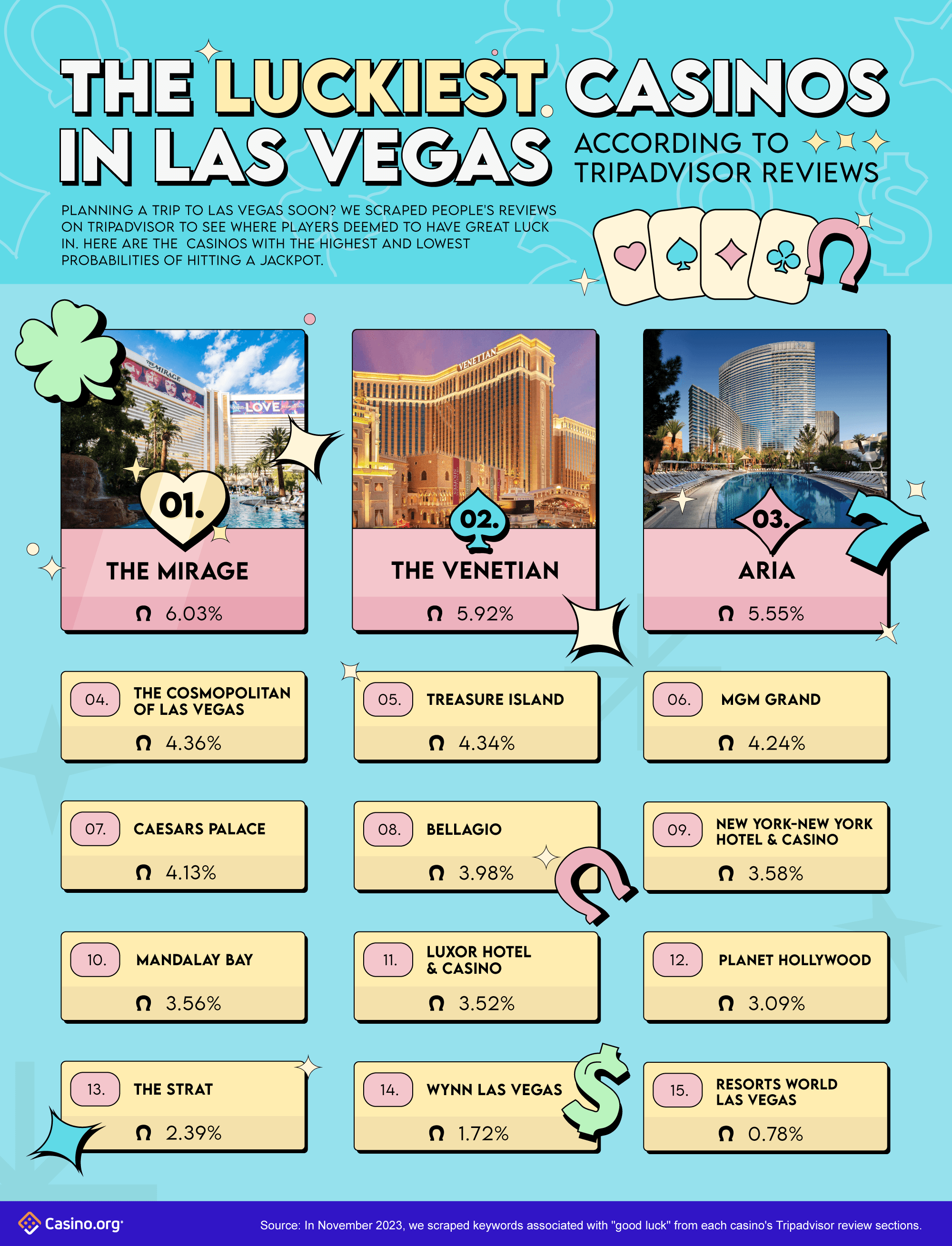How Gambling Games Serve Different Player Categories

Casino games have captivated for years a diverse audience, offering not only the excitement of risk but also a unique experience crafted for diverse kinds of players. Five88 From strategic players who succeed through skill and calculation to more casual gamers who seek entertainment, casinos are aware of the nuances of their audience and create games that accommodate these differing interests.
In exploring the realm of gambling games, we encounter a variety of options that interest every kind of player. Poker tables with high stakes draw competitive players, while exciting slot machines appeal to players who seek immediate satisfaction. Whether it’s the lure of winning large or simply relishing the community feeling, casinos design their game offerings to ensure that all players find a place that feels comfortable and engaging. Comprehending how these games are designed for various player types can enhance not only our appreciation of them but also our approach to choosing which games to play.
Understanding Player Types
In the diverse world of gaming entertainment, players can be grouped into separate types based on their motivations and likings. These gamer categories range from the laid-back and communal gamers, who enjoy the fun value and community connections that gambling provides, to the more strategic and analytical players, who seek to increase their odds and winnings. Understanding these distinct kinds is essential for casinos to tailor their offerings and build captivating settings.
One common kind is the social player, who sees casino games as a form of community interaction and fun rather than a serious gambling endeavor. These players often enjoy games that encourage participation and togetherness, such as poker. Their focus is on the experience rather than the outcome, so dynamic settings and shared moments are what they hold dear the most.
On the contrary end of the range, strategic players are motivated by competition and the search of expertise. They tend to lean toward games that require tactical planning and strategy, such as poker, where their skills can determine the outcome. This kind often engages with the games on a more intense level, utilizing knowledge and strategies to achieve an edge. Grasping these drives allows casinos to build settings and game selections that address to each player’s individual choices.
Strategies for Game Design
Gambling games are created with varied player types in mind, employing various strategies to draw in and engage them. For casual players, the focus is on simplicity and clarity. Games like slot machines are often aesthetically pleasing with straightforward mechanics. This enables players to experience the gameplay without a steep learning curve, fostering an welcoming atmosphere. The bright colors, catchy sounds, and thematic elements create a playful environment where players can quickly get immersed and entertained.
For strategic players who enjoy a deeper level of involvement, games such as poker and blackjack offer complexity and skill-based elements. These games incorporate strategy and decision-making, appealing to players who thrive on challenge and want to exercise their mental skills. The design of these games often includes complex rules and mechanics that test players to refine their skills and develop strategies over time, creating a rewarding experience for those who enjoy perfecting the game.
Additionally, social players are catered to through games that highlight engagement and community. This comprises live casino options and multiplayer formats, which foster a sense of camaraderie among players. The design of these games often includes chat features and social elements, allowing players to interact and exchange insights. By building an environment where participation is encouraged, casinos can effectively engage community players, making the gaming adventure more pleasurable and unforgettable.
Enhancing Player Satisfaction
Casino options have evolved considerably to provide a more immersive experience for players. Application developers focus on stunning graphics, dynamic sound effects, and creative gameplay features that draw participants into the casino atmosphere. By utilizing tech, such as VR and AR, gaming establishments ensure that participants feel as if they are part of a dynamic experience, enhancing in addition to the enjoyment of the games but also the entire satisfaction of being in a gambling venue.
Social interaction is another critical factor in improving participant engagement in betting titles. Numerous titles are crafted to facilitate engagement among players, whether through team play or chat features. This interactive component attracts players who like connecting with fellow players while competing, developing a community vibe community. In addition, community aspects can include leaderboards, tournaments, and rewards for cooperative play, which attract ambitious players and encourage them to revisit for further.
Finally, customization plays a vital role in tailoring the engagement for various participant categories. Betting companies and game developers study player behavior and likes to provide tailored gaming recommendations and benefits. By comprehending the individual interests of gamers, casinos can offer personalized promotions, incentives, and new titles that resonate with each individual, thus boosting their complete engagement and devotion to the casino.
